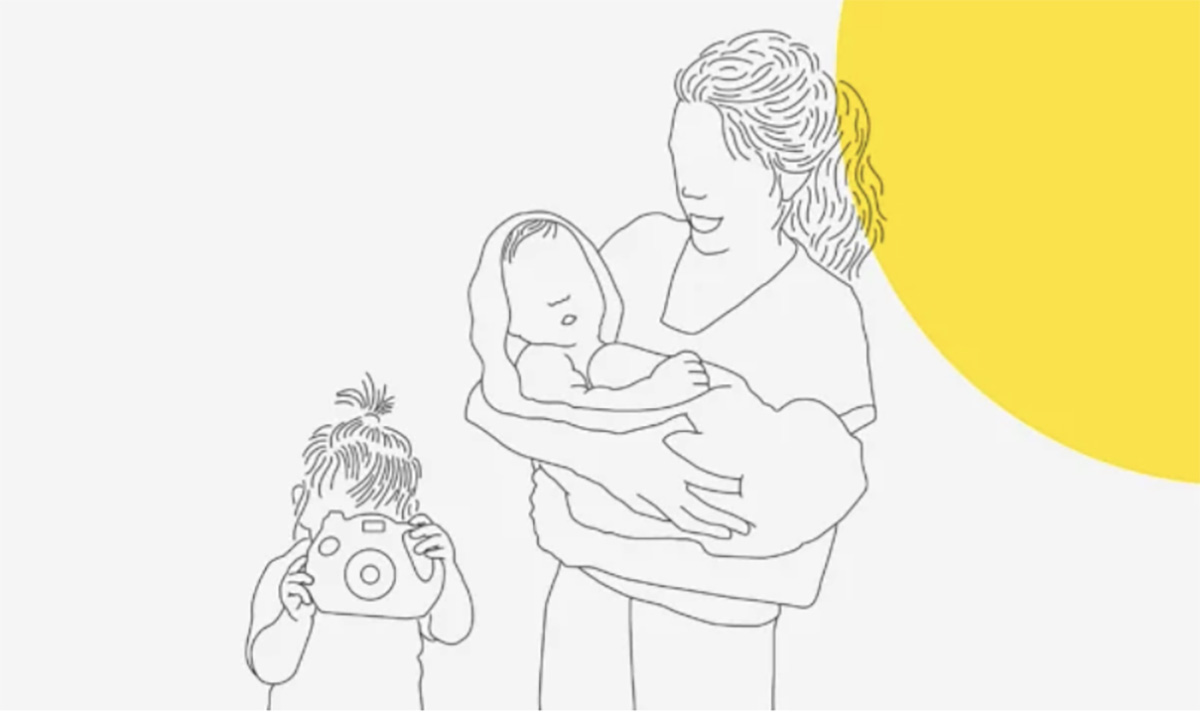RAPID Celebrates Five Years of Surveys
What makes RAPID surveys unique is the priority of disseminating results quickly in a format that is accessible and usable.

Join our zero2eight Substack community for more discussion about the latest news in early care and education. Sign up now.
When the RAPID Survey Project began in April 2020, everyone involved thought it would be a short-lived, ad hoc undertaking collecting information from families around the country to provide a real-time chronicle of what people across the U.S. were living through. RAPID initially was an acronym for “Rapid Assessment of Pandemic Impacts on Development.”
“Our goal was to bear witness to what households with young children were experiencing during a time when nobody knew what to expect,” says RAPID founder Philip Fisher, faculty director of the Stanford Center on Early Education. “We developed a plan that allowed us to get data on a very frequent basis from a large number of families around the country, which we felt was necessary to document things that were so volatile at the time.”
Now celebrating its fifth anniversary, RAPID is still chronicling the well-being and needs of families and child care providers throughout the country with surveys that ask parents and providers about their economic resources, stress levels, ability to use healthcare and child care, plus questions on specific areas of interest such as screen time or the effects of extreme weather.
So far, RAPID has sent out 169 family surveys, gathering data from 60,000 parents of young children, and 122 workforce surveys that have been completed by more than 13,000 providers. Originally sent weekly, the surveys now go out monthly to participants who respond via smartphone, tablet or computer. In the state of California alone, the survey is available in eight languages. Respondents receive at least $5 for their participation.
A parallel national survey that goes to the early care and education workforce has been running for four years, asking additional questions about workplace conditions, workforce compensation and other issues relevant to the early care workforce. In addition to the national surveys, RAPID sends state-based and local surveys called Community Voices. More than 60,000 parents and 15,000 providers have responded to these surveys.
The result is one-of-a-kind research that is vetted for accuracy by a research advisory group, then shared in a monthly fact sheet that’s available to policymakers, researchers, members of the press and the survey participants themselves. The surveys are posted on RAPID’s website, newsletter and social media channels.
Academia historically has relied on scientific journals to disseminate information, relying on peer reviews and rounds of editing that can take years. What makes the RAPID surveys unique is the priority of disseminating results quickly in a format that is accessible and usable, so stakeholders have a real-time view of critical issues.
Though the pandemic has abated, Fisher says RAPID will continue to monitor the significant issues that affect young children and those who care about them. With many federal early childhood programs threatened with funding cuts, timely, actionable information is more crucial than ever.
“You can expect us to be around for at least a few more years,” Fisher says. “And unless things turn around soon, the need for what we’re doing is just going to increase.”
Get stories like these delivered straight to your inbox. Sign up for The 74 Newsletter


;)
